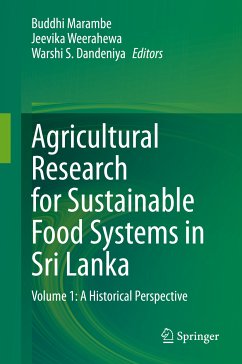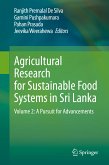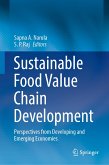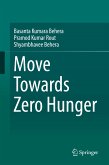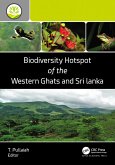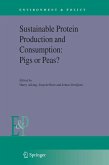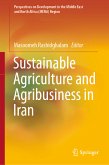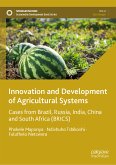Agricultural research is a key factor in terms of innovation and technological advances. Innovation has been the main driver of food systems' transformation over the past few decades and will be critical to addressing the needs of a rapidly growing population in a context of climate change and scarcity of natural resources. In addition, agricultural research must help meet the rising demand for food at affordable prices.
Comprising 17 chapters written by specialist(s) in their respective subject-areas, this Contributed Volume on "Agricultural Research for Sustainable Food Systems in Sri Lanka: A Historical Perspective" shares the scientific knowledge accumulated by the National Agricultural Research System of Sri Lanka, including universities, and offers recommendations on how to make food systems more sustainable in order to address the current needs of Sri Lankan society. It presents perspectives on four key thematic areas, namely: (i) Crop and animal production, management, and improvement, (ii) Agro-product processing technologies, (iii) Natural resource management, and (iv) Socio-economic development and agri-business management.
Dieser Download kann aus rechtlichen Gründen nur mit Rechnungsadresse in A, B, BG, CY, CZ, D, DK, EW, E, FIN, F, GR, HR, H, IRL, I, LT, L, LR, M, NL, PL, P, R, S, SLO, SK ausgeliefert werden.

